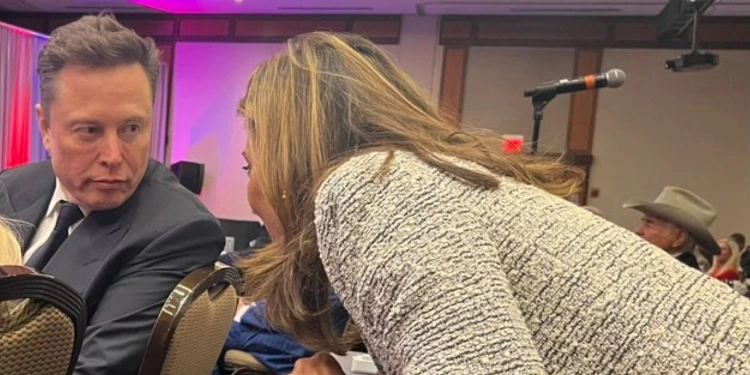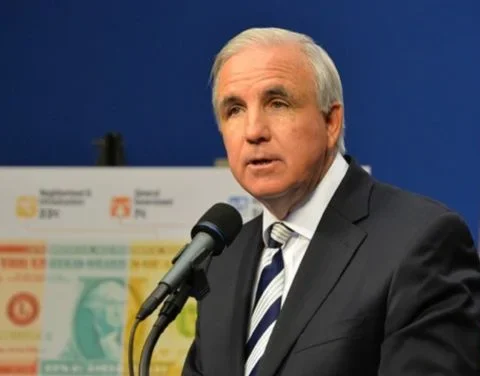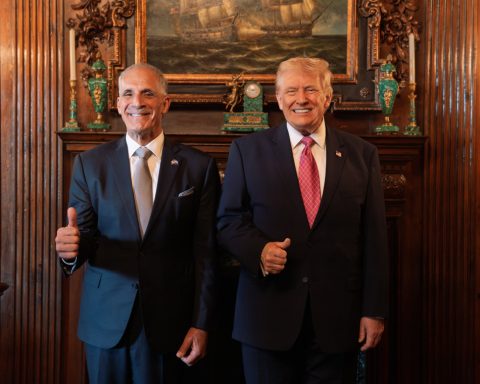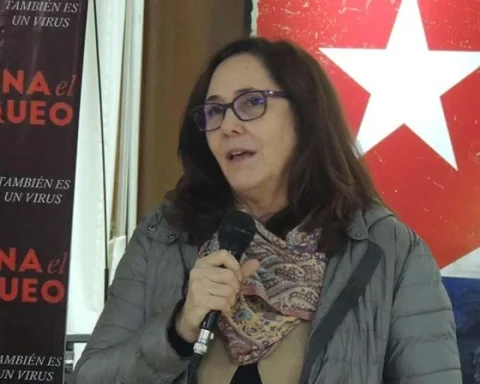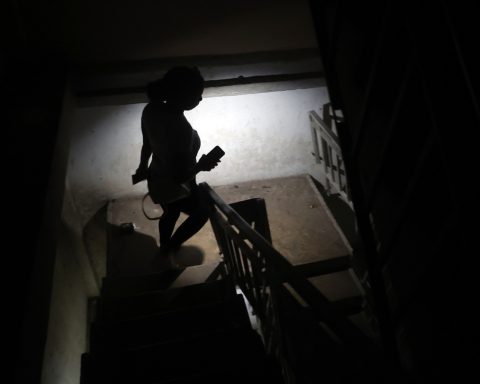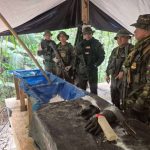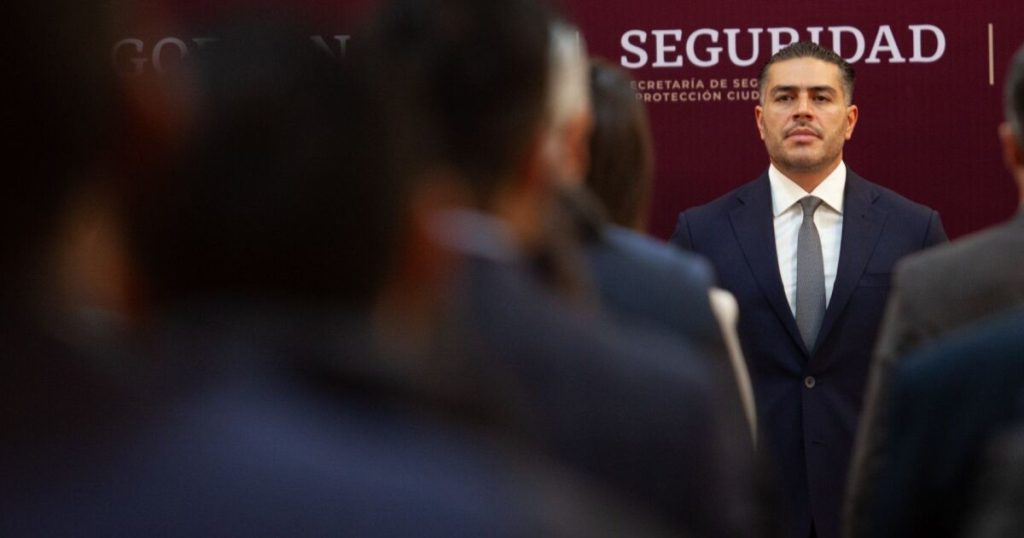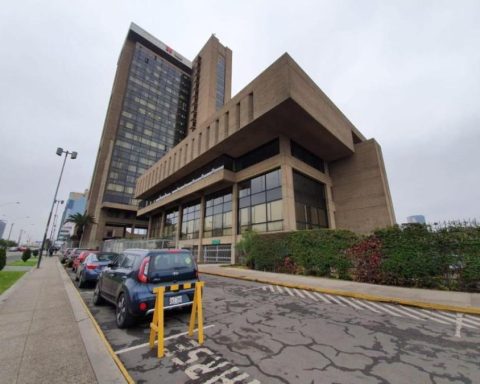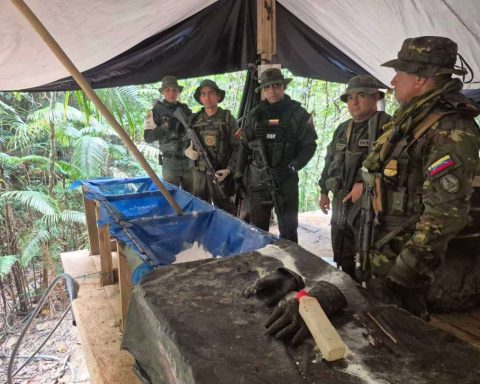SLP, Mexico.- The Cuban-American congresswoman Maria Elvira Salazar He spoke this Wednesday morning with magnate Elon Musk, director of SpaceX and the satellite internet company Starlink, about how to bring connectivity to Cuba.
“We have the technology, we just need the will. “We can do it!”, X Salazar, recently re-elected to the US Congress, said on her social network.
His message was accompanied by a photo with Musk, who was nominated by President-elect Donald Trump to head the new Department of Government Efficiency.
Salazar has launched initiatives that seek to achieve Internet connectivity for Cubans.
It was great to talk to @elonmusk this morning about bringing connectivity to Cuba. We have the technology, we just need the will.
We can do it! pic.twitter.com/CTSsFfmunQ
— María Elvira Salazar (@MaElviraSalazar) November 13, 2024
This year, he presented the Bipartisan Global Internet Freedom Act to reinforce that freedom on the Internet is fundamental for Human Rights.
The legislation would require the U.S. State Department to include abuses of Internet freedom, such as shutting down Internet services, blocking websites, social media sites and apps, and engaging in other forms of digital repression, in their annual national reports on Human Rights practices.
“Totalitarian governments in Latin America depend on cutting off Internet access to perpetuate their oppression, just as the Cuban regime did during the July 11 (2021) protests and continues to do so every time the Cuban people ask for freedom,” he wrote in an official note.
The Global Internet Freedom Act would require including Internet freedom as a reporting requirement in national reports on human rights practices and describing Internet freedom abuses.
Salazar also launched the “Operation Starfall” project years ago, a plan to provide access to wireless communications abroad in the midst of blackouts, disasters “or when rogue regimes shut down Internet access.”
Operation Starfall would deploy stratospheric balloons, aerostats or satellite technology capable of rapidly delivering wireless Internet anywhere on the planet from high altitudes.
“These emerging technologies that already exist in the private sector can be used to create wireless Internet networks that cover a geographic territory,” Salazar explained then.
In its most recent report, the Cuban group Diktyonwhich monitors the internet situation on the Island, updated the list of monitored websites and identified forms of online censorship implemented by the Cuban regime through the Cuban Telecommunications Company (ETECSA)as well as the blocking techniques used for this purpose.
The group identified a total of 30 domains with failed measurements on multiple occasions.
After research using tools to analyze packets on the network, the group declared that “failed measurements” are indicative of censorship using DPI technology. Additionally, as in previous reports, Diktyon observed signs that ETECSA uses Huawei equipment to implement these blockades.
In the context of censorship, DPI allows governments or Internet Service Providers (ISPs) to detect and block specific content, such as websites or applications, that they consider inappropriate or dangerous. This technology can identify and filter information based on predefined criteria, such as keywords or file types.
The findings confirmed that ETECSA uses DPI (Deep Packet Inspection) technology to censor content on the network of networks.
